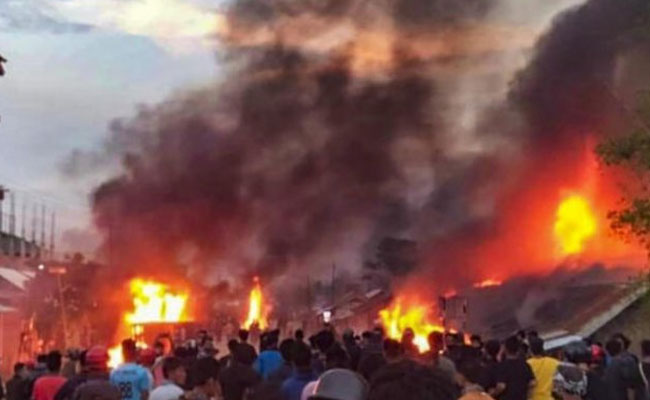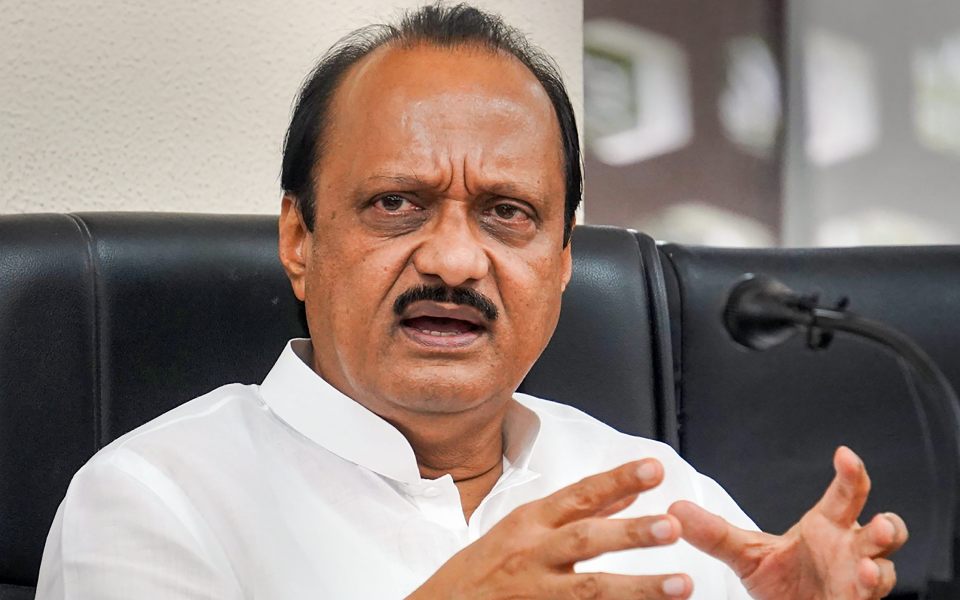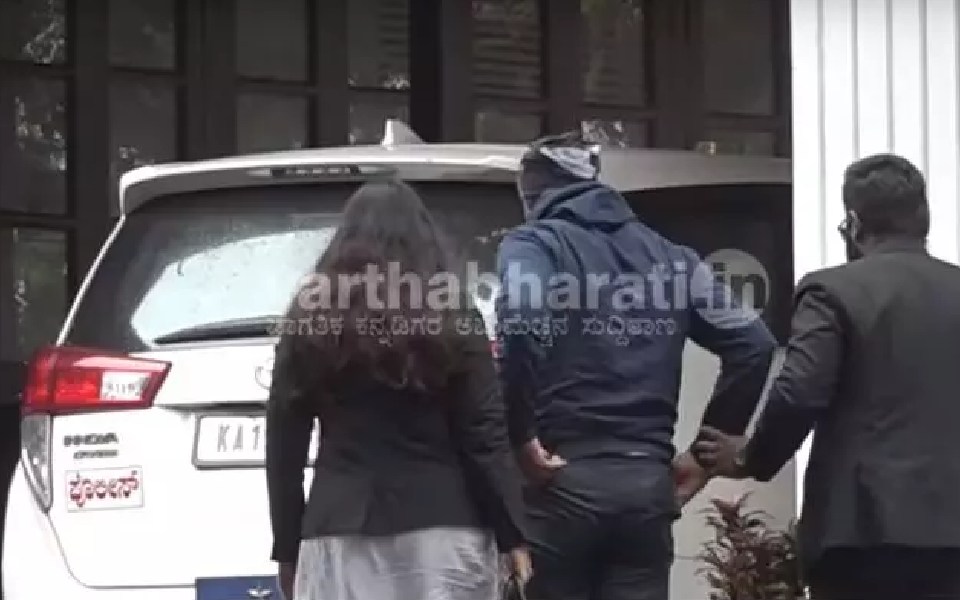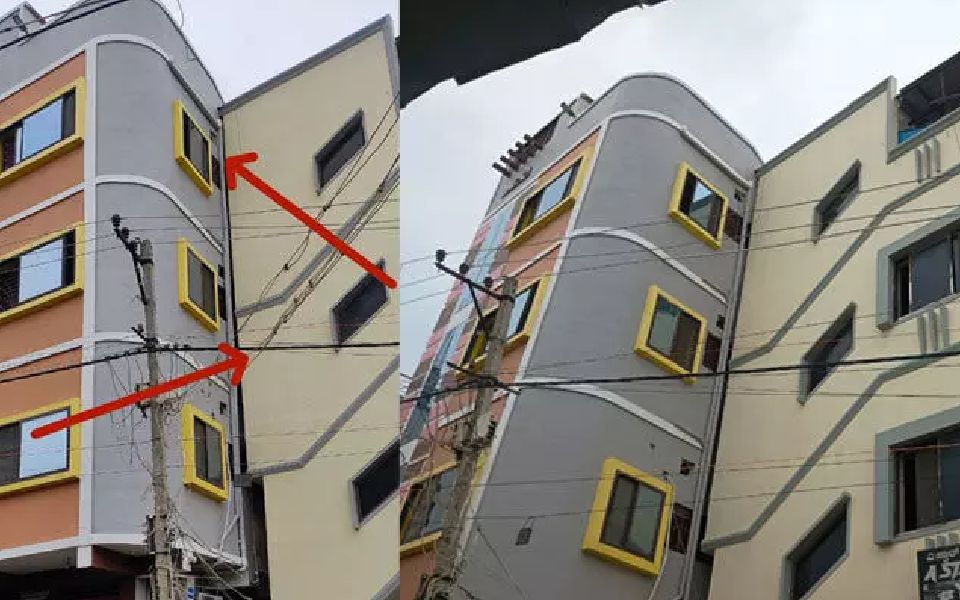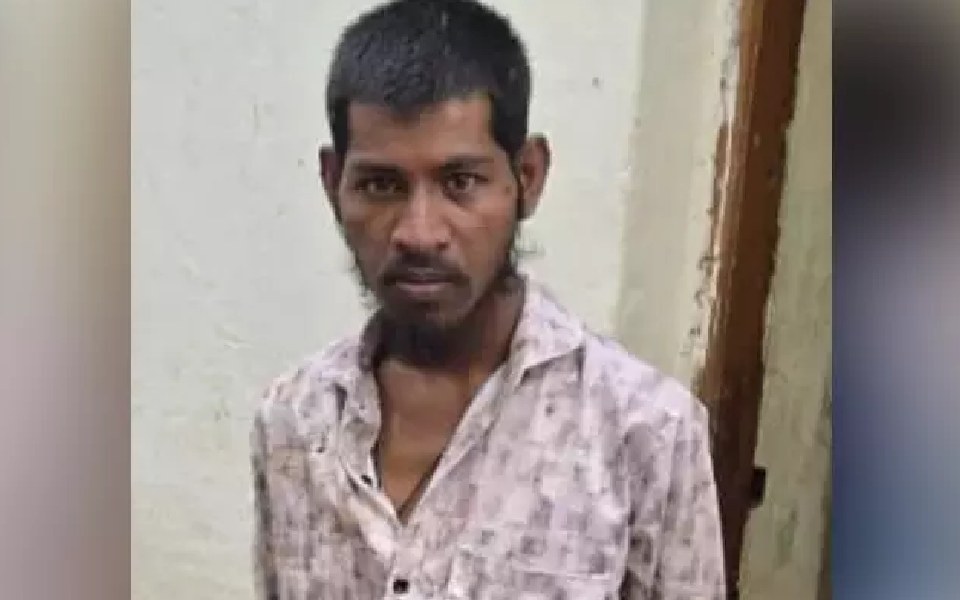An order by the Manipur High Court has boosted the Meitei community's petition to be added to the state's Scheduled Tribes list. What is the source of this problem?
The All Tribal Students' Union of Manipur (ATSUM) called for a "Tribal Solidarity March" on Wednesday, May 3. During the march, violent fights broke out in several places in Manipur. The Army and the Assam Rifles marched with flags through the places where there had been fighting.
The march on Wednesday was called to protest the long-standing demand that the Meitei community be added to the list of the state's Scheduled Tribes (ST). This demand got a boost last month when the Manipur High Court said that the Meitei community should be added to the ST list.
Tribal groups in the state strongly opposed both the claim and the order, which was made by a single judge of the High Court. The court's order, which came out on April 14 and asked the government to think about the request, has brought back old tensions between the valley-living Meitei group and the state's hill tribes.
What are the main groups of people who live in Manipur?
Manipur's biggest group of people are the Meiteis. There are 34 recognised tribes, which are roughly grouped into "Any Kuki Tribes" and "Any Naga Tribes."
About 10% of the land in Manipur is in the central valley. Most of the Meitei and Meitei Pangal people, who make up about 64.6% of the state's population, live there. The recognised tribes, who make up about 35.4% of the state's people, live in the hills around the valley, which make up the other 90% of the state's land area.
Why does the Meitei community want ST status?
At least since 2012, the Scheduled Tribes Demand Committee of Manipur (STDCM) has been leading organised efforts to back this demand.
The Meetei (Meitei) Tribe Union recently asked the Manipur High Court to direct the Manipur government to ask the Union Ministry for Tribal Affairs to include the Meetei/Meitei community as a "tribe among tribes in Manipur" on the list of Scheduled Tribes in the Indian Constitution.
In their petition to the High Court, the petitioners said that the Meitei community was accepted as a tribe before the princely state of Manipur joined the Union of India in 1949, but that it lost its identity as a tribe after the merger. In court, it was said that the Meiteis needed ST status to "preserve" their community and "save their ancestral land, traditions, culture, and language."
In different requests to the state and national governments, the STDCM has said, "The community has been victimised without any constitutional protections in place to date. The Meitein/Meetei have become less important in the land where they used to live. According to data from the 2011 Census, their number has dropped from 59% of Manipur's overall population in 1951 to 44% today.
What did the Manipur High Court say?
The court said, "The petitioners and other Unions have been fighting for a long time to add the Meetei/Meitei community to Manipur's list of tribes." It told the government to send its recommendation after looking at the petitioners' case, "preferably within four weeks" of receiving the order.
Why are tribal groups opposing this order?
Tribal groups in the state have been against the Meitei community's request for ST status for a long time. One reason given for the resistance is that the Meiteis have a lot of people and a lot of political power, since 40 of the state's 60 Assembly constituencies(who are all Meitie'a)are in the valley.
Janghaolun Haokip, head of the Kuki Inpi Manipur, the highest body of Kuki tribes in the state, said, "The ST communities of Manipur have always been against the inclusion of the Meitei because they fear losing job opportunities and other benefits given to STs by the Indian Constitution to a more advanced community like the Meitei."
Other things that have been said against the demand are that the Meiteis' language, Manipuri, is on the Eighth Schedule of the Constitution and that parts of the Meitei community, which is mostly Hindu, are already categorised as Scheduled Castes (SC) or Other Backward Classes (OBC) and have access to the benefits that come with that status.
It doesn't make sense to say that Meiteis need ST status to protect their culture and identity. The Meiteis are a powerful group that runs the government and its systems. Their cultural, political, and economic rights have been taken care of by the government. In his paper "The Politics of Scheduled Tribe Status in Manipur," Thongkholal Haokip, an assistant professor at JNU's Centre for the Study of Law and Governance, wrote that this means that their culture and identity are not in danger.
To the hill tribal people of Manipur, the demand for ST status is a way to stop the Kukis and Nagas from making such strong political claims. It is also a way for the dominant valley dwellers to move into the hill areas of the state, Prof. Haokip wrote.
Is this demand the only reason for the conflict rocking the state currently?
Indeed, unrest has been brewing among the state's hill tribes for a variety of reasons.
Churachandpur saw unrest in late April after a mob stormed an open gym that was to be launched the next day by Chief Minister Biren Singh. Since August 2022, the state government has issued notices claiming that 38 villages in the Churachandpur-Khoupum Protected Forest area (in Churachandpur and Noney districts) are "illegal settlements" and their residents are "encroachers."
Following this, the government launched an eviction campaign, which resulted in clashes.
Kuki tribes have alleged that the survey and deportation violate Article 371C, which grants tribal-dominated hill areas of Manipur limited administrative autonomy. According to reports, CM Singh said that the residents were "encroaching on reserved forests, protected forests, and wildlife sanctuaries for poppy plantation and drug business."
Centre invokes Article 355
Following the recent upheaval and violence in the state, the central government has taken over security in Manipur by enacting Article 355. The Article, which states that the Union is obligated to protect each state against external attack and internal disruption, has been used in order to restore peace and order in the state.
Part XVIII of the Indian Constitution, which spans from Article 352 to 360, contains emergency measures, including Article 355. It empowers the central government to take all necessary steps to protect the state from internal strife and external aggression.
In light of the existing situation, the Manipur government ordered all district Magistrates and SDOs on Thursday to issue "shoot at sight orders" in exceptional cases.
Unmanned Aerial Vehicles (UAVs) and Army helicopters have been deployed for aerial surveillance in ethnically charged Manipur, while the Army, Assam Rifles, and other Central paramilitary troops are stationed in troubled regions around the clock.
According to defence sources, the Army has already conducted repeated rounds of airborne surveillance using Cheetah helicopters in various regions of Manipur since Saturday morning.
"The Indian Air Force ferried additional Army and paramilitary troops from two airfields in Assam using C17 Globemaster and AN 32 aircraft," a defence spokesman said. Civilians from all communities are being evacuated from the vulnerable locations."
Kuldiep Singh, the newly appointed security advisor to the Manipur government and a former CRPF head, stated that at least 18 to 20 persons were killed in a series of ethnic clashes in several districts of Manipur.

Let the Truth be known. If you read VB and like VB, please be a VB Supporter and Help us deliver the Truth to one and all.
Pune, Jul 26 (PTI): Action will be taken against men who have fraudulently become part of the Maharashtra government's Ladki Bahin Yojana and money given to them under the scheme will be recovered, Deputy Chief Minister Ajit Pawar said on Saturday.
His statement came amid reports that 14,000 men were beneficiaries of the scheme, under which women get Rs 1500 per month as aid subject to certain conditions, including annual family income.
The scheme started in August last year and is credited as one of the prime reasons for the spectacular victory of the BJP-led Mahayuti in the November 2024 assembly polls.
"Ladki Bahin scheme was launched to help poor women. There is absolutely no reason why men should be its beneficiaries. We will recover money given to them. If they do not cooperate, further action will be taken," Pawar told reporters.
"Some women employed with the government had also become beneficiaries but we removed their names. As we continue to review the scheme's working, we will keep removing such names," he added.

